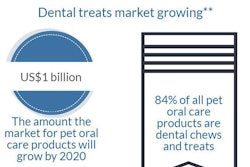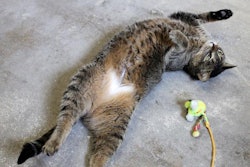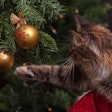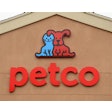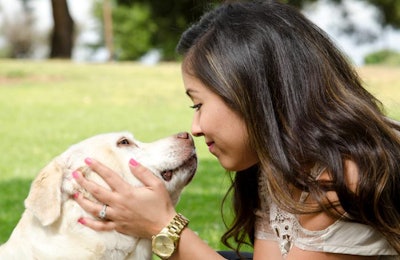
Recently, Petfood Industry reported on the differences between Hispanic and non-Hispanic pet owners’ dog and cat food purchasing patterns, but there are differences within the Hispanic market as well.
Over the past decade, Hispanic people have become increasingly likely to own pets in the United States. In the US, Hispanic pet owners are increasing more rapidly than non-Hispanic pet owners, purchasing from different retail outlets, buying a variety of brands and keeping an eye on both budget and health.
Differences within US Hispanic pet food market
However, Hispanic Americans come from many different nations with diverse attitudes towards pet ownership. These differences were explored last year by Petfood Industry.
Latinos of Mexican heritage, and correspondingly Latinos in the Southwest geographic region, are more likely to have dogs. Latinos overall, and especially those who are US-born, are more likely to have several dogs.
Hispanics of Cuban heritage—rather than those of Mexican heritage, in the case with dog ownership—are the prime cat fanciers. Cat ownership rates edge up to 18% among Hispanics of Cuban heritage, and notch up further to approximately 24% among US-born Cuban Americans, a population segment of oft-remarked prosperity compared with other Hispanics and with non-Hispanic whites overall.
Such cultural, economic and geographic differences in dog and cat ownership within the Latino community rank among the key factors framing growth and entrepreneurial opportunities in the US pet food industry, wrote David Sprinkle, research director of Packaged Facts, in Petfood Industry.
Pet food market opportunities in the US Hispanic population
A slowdown in Hispanic immigration may result in a less robust growth rate in the Hispanic population in the near future. Even so, the Hispanic population is still projected to increase at a much faster rate than the rest of the American population-at 12% cumulatively between 2015 and 2020, compared with only 2% for non-Hispanics.




